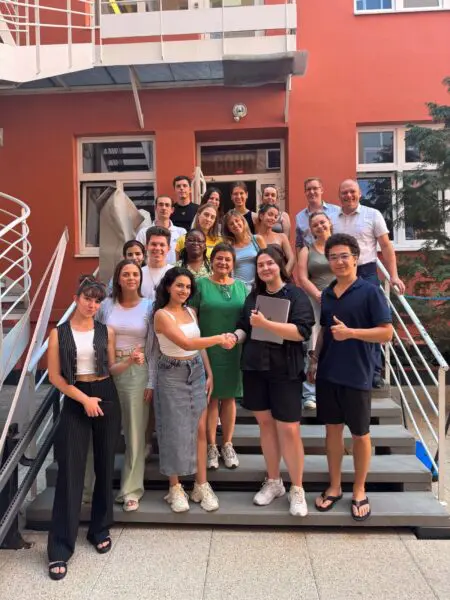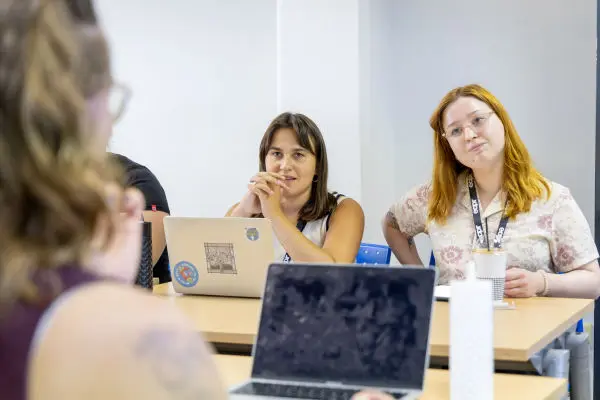
Oxford, United Kingdom
PPE: Globalisation, Populism, and the Politics of Identity
When:
10 August - 28 August 2026
Credits:
7.5 EC
Read more
Political Science
When:
17 February - 22 February 2013
School:
ECPR Winter School in Methods & Techniques
Institution:
University of Vienna
City:
Country:
Credits:
2 EC

The course provides an introduction to panel data analysis. Panel data are repeated observations on the same sample of cases. One of the major advantages of panel data is the potential for the analysis of causal relationships. In cross-sectional analysis we are not able to test if results are biased by unobserved factors. With panel data and a focus on individual changes over time we can rule out that estimators are biased by constant unobserved factors. However, this requires the use of regression models which are appropriate for panel data. The course provides an overview on the estimation of models with panel-robust standard errors, random effects models, fixed effects models and so-called hybrid models. The main focus of the course is on the analysis of micro-level panel data, i.e. data on individuals and households. I will briefly discuss the commonalities between micro-level panel data and the analysis of other hierarchical types of data such as macro-level panel data and multilevel data.
Henning Lohmann University of Osnabrück
advanced students and junior researchers in political science and adjacent disciplines
as above
When:
17 February - 22 February 2013
School:
ECPR Winter School in Methods & Techniques
Institution:
University of Vienna
Credits:
2 EC

Oxford, United Kingdom
When:
10 August - 28 August 2026
Credits:
7.5 EC
Read more

Prague, Czechia
When:
03 August - 14 August 2026
Credits:
5 EC
Read more

Colchester, United Kingdom
When:
23 February - 27 February 2026
Credits:
4 EC
Read more